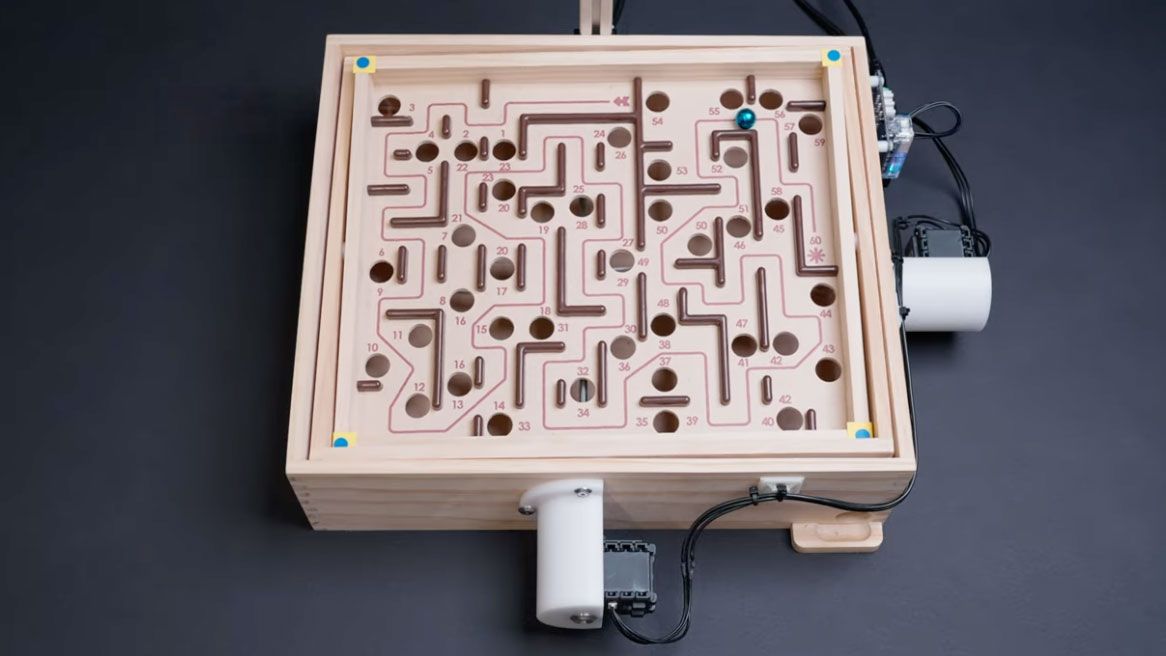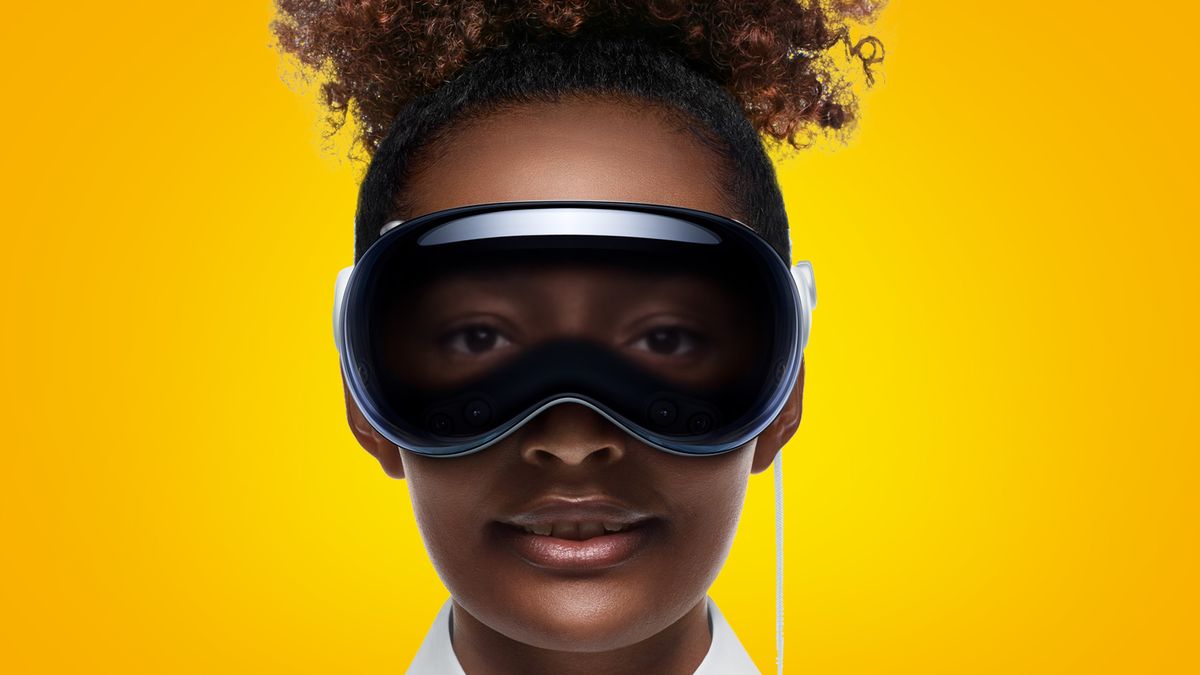[ad_1]

ChatGPT is becoming more like your most trusted assistant, remembering not just what you’ve told it about yourself, your interests, and preferences, but applying those memories in future chats. It’s a seemingly small change that may make the generative AI appear more human and, perhaps, pave the way for General AI, which is where an AI brain can operate more like the gray matter in your head.
OpenAI announced the limited test in a blog post on Tuesday, explaining that it’s testing the ability of ChatGPT (in both the free version and ChatGPT Plus) to remember what you tell it across all chats.
ChatGPT can with this update remember casually, just picking up interesting bits along the way, like my preference for peanut butter on cinnamon raisin bagels, or what you explicitly tell it to remember.
The benefit of ChatGPT having a memory is that new conversations with ChatGPT no longer start from scratch. A fresh prompt could have, for the AI, implied context. A ChatGPT with memory becomes more like a useful assistant who knows how you like your coffee in the morning or that you never want to schedule meetings before 10 AM.
In practice, OpenAI says that the memory will be applied to future prompts. If you tell ChatGPT that you have a three-year-old who loves giraffes, subsequent birthday card ideation chats might result in card ideas featuring a giraffe.
ChatGPT won’t simply parrot back its recollections of your likes and interests, but will instead use that information to work more efficiently for you.
It can remember
Some might find an AI that can remember multiple conversations and use that information to help you a bit off-putting. That’s probably why OpenAI is letting people easily opt out of the memories by using the “Temporary Chat” mode, which will seem like you’re introducing a bit of amnesia to ChatGPT.
Similar to how you can remove Internet history from your browser, ChatGPT will let you go into settings to remove memories (I like to think of this as targeted brain surgery) or you can conversationally tell ChatGPT to forget something.
For now, this is a test among some free and ChatGPT Plus users but OpenAI offered no timeline for when it will roll out ChatGPT memories to all users. I didn’t find the feature live in either my free ChatGPT or Plus subscription.
OpenAI is also adding Memory capabilities to its new app-like GPTs, which means developers can build the capability into bespoke chatty AIs. Those developers will not be able to access memories stored within the GPT.
Too human?
An AI with long-term memory is a dicier proposition than one that has a transient, at best, recall of previous conversations. There are, naturally, privacy implications. If ChatGPT is randomly memorizing what it considers interesting or relevant bits about you, do you have to worry about your details appearing in someone else’s ChatGPT conversations? Probably not. OpenAI promises that memories will be excluded from ChatGPT’s training data.
OpenAI adds in its blog, “We’re taking steps to assess and mitigate biases, and steer ChatGPT away from proactively remembering sensitive information, like your health details – unless you explicitly ask it to.” That might help but ChatGPT must understand the difference between useful and sensitive info, a line that might not always be clear.
This update could ultimately have significant implications. ChatGPT can in prompt-driven conversations already seem somewhat human, but its hallucinations and fuzzy memories about, sometimes, even how the conversation started make it clear that more than a few billion neurons still separate us.
Memories, especially information delivered casually back to you throughout ChatGPT conversations, could change that perception. Our relationships with other people are driven in large part by our shared experiences and memories of them. We use them to craft our interactions and discussions. It’s how we connect. Surely, we’ll end up feeling more connected to a ChatGPT that can remember our distaste of spicy food and our love of all things Rocky Balboa.
You might also like
[ad_2]



